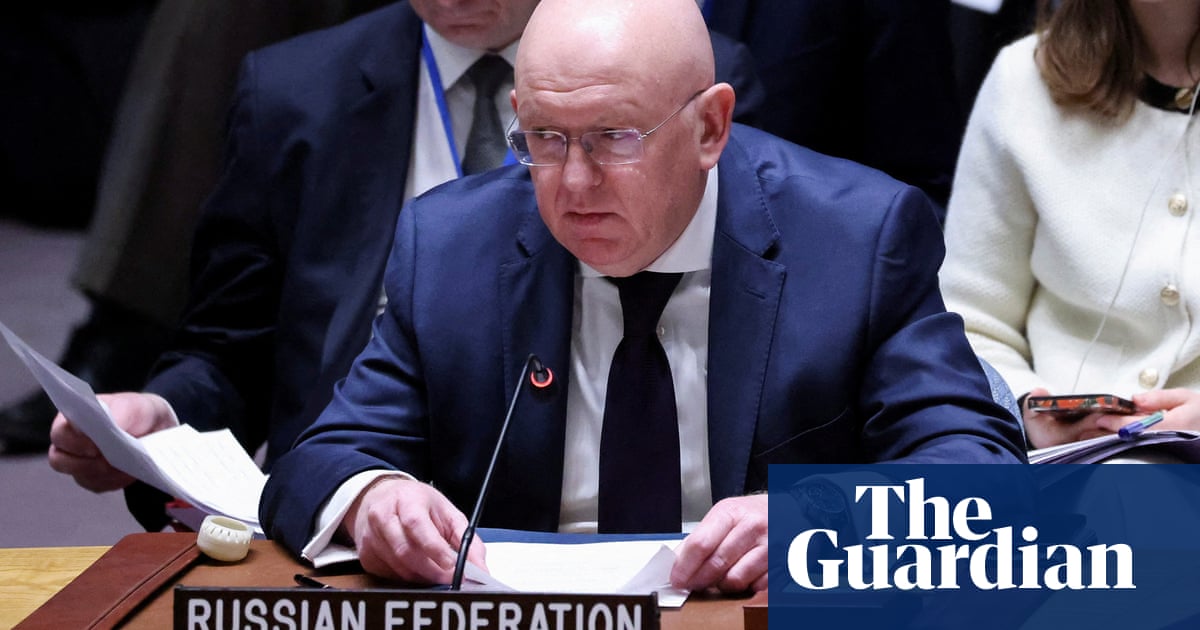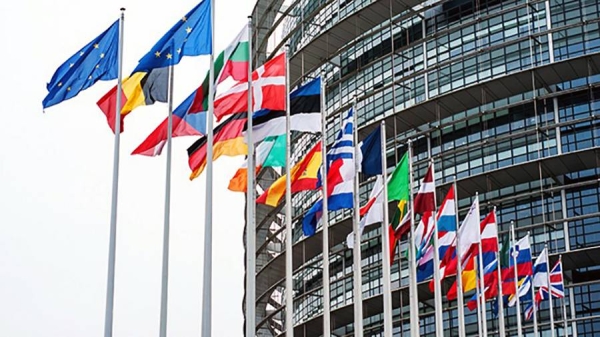
Amid the coronavirus disease (COVID-19) crisis, Iran’s leaders — particularly President Hassan Rouhani and Foreign Minister Mohammed Javad Zarif — appear to be shrewdly investing significant political capital in a global campaign to have all sanctions against the theocratic establishment lifted.
The Iranian leaders are desperate for the US to lift its sanctions and are placing significant pressure on the international community to release financial resources, including those which are frozen under the US sanctions. In a televised speech, Rouhani said last week: “American leaders are lying… If they want to help Iran, all they need to do is to lift sanctions... Then we can deal with the coronavirus outbreak.”
Iran is also calling on other governments to break the US sanctions. Rouhani wrote a letter to several heads of foreign governments, urging them to ignore the sanctions because of the coronavirus epidemic. He insisted that “managing such a great crisis and danger is not possible by any single country alone,” particularly if that country is encountering difficulties “in access to international financial markets.”
Zarif, meanwhile, has been lashing out more forcefully on social media. He tweeted last week: “U.S. is NOT listening, impeding global fight against #COVID19. The ONLY remedy: DEFY U.S. mass punishment. MORAL & PRAGMATIC imperative.”
In addition, Zarif appears to be threatening the international community that, if the sanctions against Iran are not lifted, the widespread coronavirus spread there will endanger other countries’ national security interests. He tweeted: “In letter to counterparts, @HassanRouhani informs how efforts to fight #COVID19 pandemic in Iran have been severely hampered by US sanctions, urging them to cease observing them: It is IMMORAL to let a bully kill innocents. Viruses recognize no politics or geography. Nor should we.”
The Iranian leaders’ campaign appears to be producing results. EU foreign policy chief Josep Borrell said in a video news conference last week: “We agree in supporting the request by Iran… to the International Monetary Fund to have financial support.” The EU will also send €20 million in humanitarian aid to Iran.
Their efforts also seem to be working in the US, as nine members of Congress — including Democratic presidential hopeful Sen. Bernie Sanders, Rep. Ilhan Omar, Sen. Elizabeth Warren, and Rep. Alexandria Ocasio-Cortez — last week signed a letter calling on the Trump administration to remove the sanctions on Iran amid the COVID-19 crisis. To Zarif’s credit, the letter appears to echo his campaign. It states: “Rather than continue to pile on sanctions in the Iranian people’s hour of need, we urge you to substantially suspend sanctions on Iran in a humanitarian gesture to the Iranian people to better enable them to fight the virus. Sanctions relief should encompass major sectors of the Iranian economy, including those impacting civilian industries, Iran’s banking sector and exports of oil, and should last for at least as long as health experts believe the crisis will continue. Failure to do so risks inhibiting the delivery of key humanitarian goods, and putting the Iranian people into further health and economic peril.”
But there are several contradictions in the Iranian leaders’ argument that sanctions must be lifted to fight the COVID-19 virus. First of all, if the Iranian regime truly desires the sanctions relief for humanitarian purposes, why did it refuse America’s offer of medical assistance? On March 12, President Donald Trump offered to help the Iranian authorities fight the coronavirus, but Tehran rejected the offer as “hypocritical” and “repulsive.” “We do not need American doctors,” Iran’s Foreign Ministry spokesman Abbas Mousavi said.
In addition, if Zarif and Rouhani are genuinely concerned about the population’s health, why did their regime revoke its approval for the emergency team that Doctors Without Borders sent, along with the materials needed to build a 50-bed inflatable treatment unit? In a statement last week, the group, also known as Medecins Sans Frontieres (MSF), said it was “shocked by the statement made by officials of the Iranian Ministry of Health (MoH) revoking its previous approval for MSF’s intervention to manage severe COVID-19 cases in Isfahan. MoH officials declared that the country does not need additional treatment capacity for the management of severe cases.”
Finally, the US sanctions do not include medical or humanitarian restrictions, which could impact the fight against COVID-19.
This shows that Rouhani and Zarif appear to be trying to cash in on the coronavirus tragedy by pushing the US and the international community to lift all sanctions against the Iranian regime.
*Dr. Majid Rafizadeh is an Iranian-American political scientist. He is a leading expert on Iran and US foreign policy, a businessman and president of the International American Council. Twitter: @Dr_Rafizadeh
Disclaimer: Views expressed by writers in this section are their own and do not necessarily reflect Arab News" point-of-view












